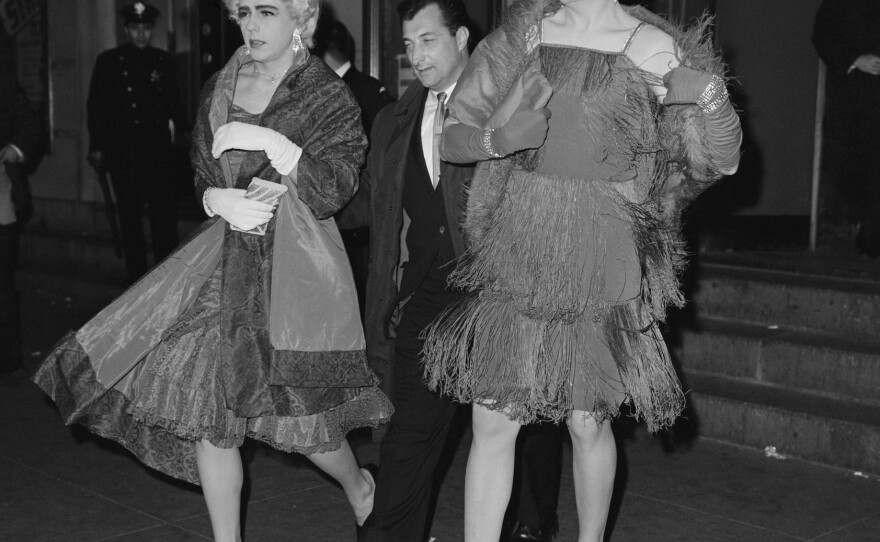On June 28, 1969, gay men in New York decided they'd had enough police harassment and made an unexpected stand at the Stonewall Inn. The new documentary “Stonewall Uprising” (opening June 25 at Landmark's Ken Cinema) does a fine job of placing the events of that night into a historical context.
In 1969, the Stonewall Inn was a gay bar run by the mob in Greenwich Village. In the 60s, gay bars were routinely raided by police. But on the night of June 28, 1969, the patrons of the Stonewall Inn decided to fight back. Many Americans are probably familiar with what has been called the Stonewall Riots but the documentary “Stonewall Uprising” places the events of that night in a broader context.
With few archival materials at their disposal, directors Kate Davis and David Heilbroner turn instead to key players from that night to provide first hand accounts of what happened. They also contrast what the world was like before and after Stonewall. One of the most fascinating things the film uncovers is a collection so-called educational films and TV exposés of the time. Here’s a CBS Special Report with Mike Wallace on homosexuality.
Mike Wallace: The average homosexual if there be such is promiscuous and he is not capable of or interested in a lasting relationship like that of a heterosexual marriage.
Woman: I was wondering if you think there are any happy homosexuals?
Scientist: I think the whole idea of saying the happy homosexual is to create a mythology about the nature of homosexuality.
“Stonewall Uprising” also shows how films intended as educational often relied on fear-mongering by suggesting that homosexuals were lurking everywhere waiting to prey on young boys. Here's a clip from one entitled "Boys Beware."
Narrator: Then during lunch Ralph showed him some pornographic pictures. Jimmy knew he shouldn’t be interested but well he was curious. What Jimmy didn’t know was that Ralph was sick, a sickness that wasn’t visible like small pox but no less dangerous and contagious, a sickness of the mind.

Other archival footage reveals a reality for gays and lesbians in which they had zero protections under the law. In fact they were often harassed and persecuted by law enforcement who used obscure statutes to restrict what they perceived as deviant or alternative lifestyles. Here a Dade County Sheriff from the Morals and Juvenile Squad tries to impress his young audience with the legal ramifications of engaging with homosexuals.
Dade County Sheriff: And if we catch you involved with a homosexual your parents are going to know about it first. This is one thing that if you don’t get caught by us you’ll get caught by yourself and the rest of your life will be a living hell.
For many gays and lesbians living in the closet was a hell of its own. So it was against this backdrop that the Stonewall riots occurred. The documentary recounts in vivid detail the three night of rioting in New York. The cops were thrown off by gay men actually fighting back and challenging the police in a sometimes unconventional manner.
Witness: I mean the riot squads were used to riots. They were not used to a bunch of drag queens doing a rockettes kick line and sort of giving them all the finger in a way.
To their credit, the filmmakers even find the New York cop who led the raid and expresses regrets about what the police were doing at the time.
Cop: You felt bad that you were part of this when you knew they broke the law but what kind of law was that?
“Stonewall Uprising” succeeds because it provides perspective and context for an event that we may think we already know enough about. It shows on a very personal level how the Stonewall Riots affected people and changed lives. It also shows how those events, while being a flashpoint for the gay rights movement, are also part the ongoing process of activism that still continues today.
Companion viewing: "Milk," "Celluloid Closet," "Paris is Burning"






